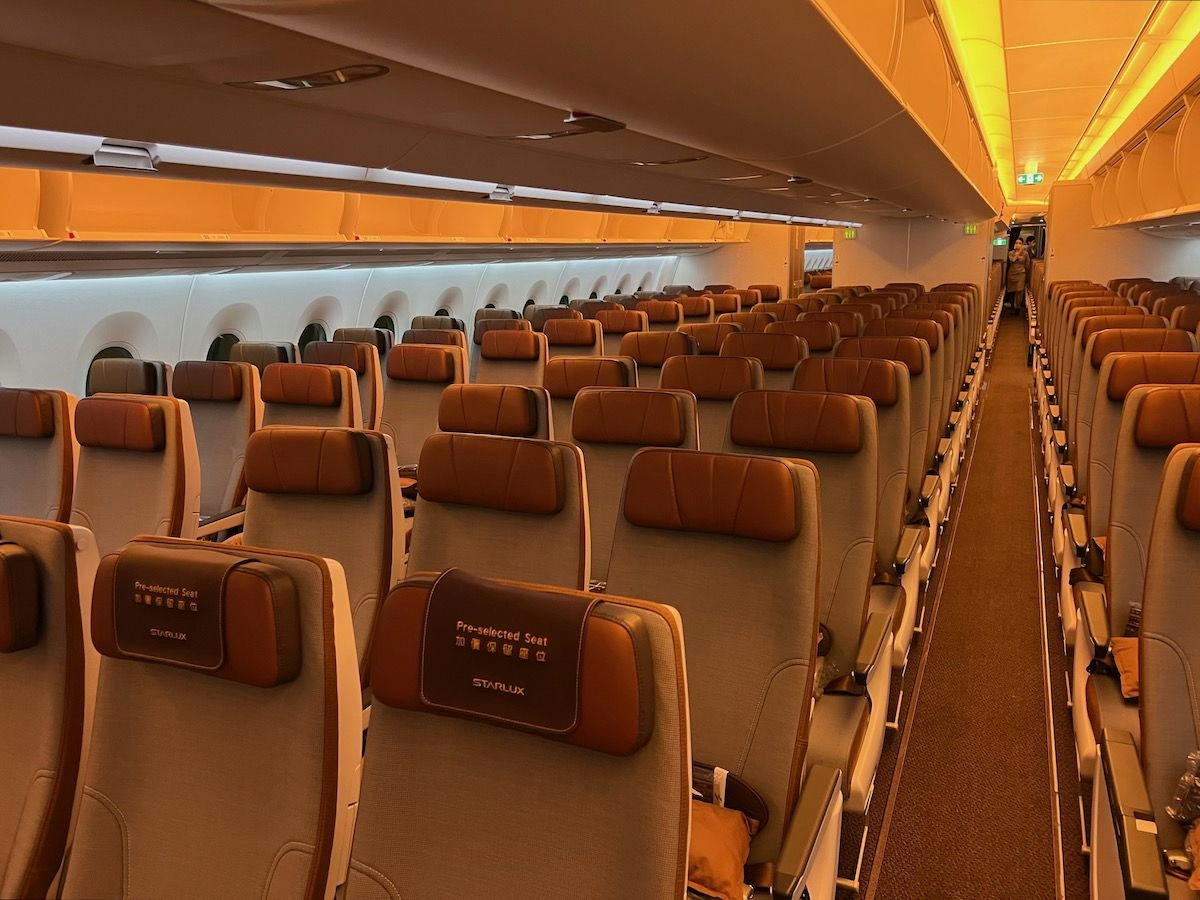
AeroGenie – Ihr intelligenter Copilot.
Trends
Categories
Embry-Riddle Programs and Their Role in Shaping Aviation Careers
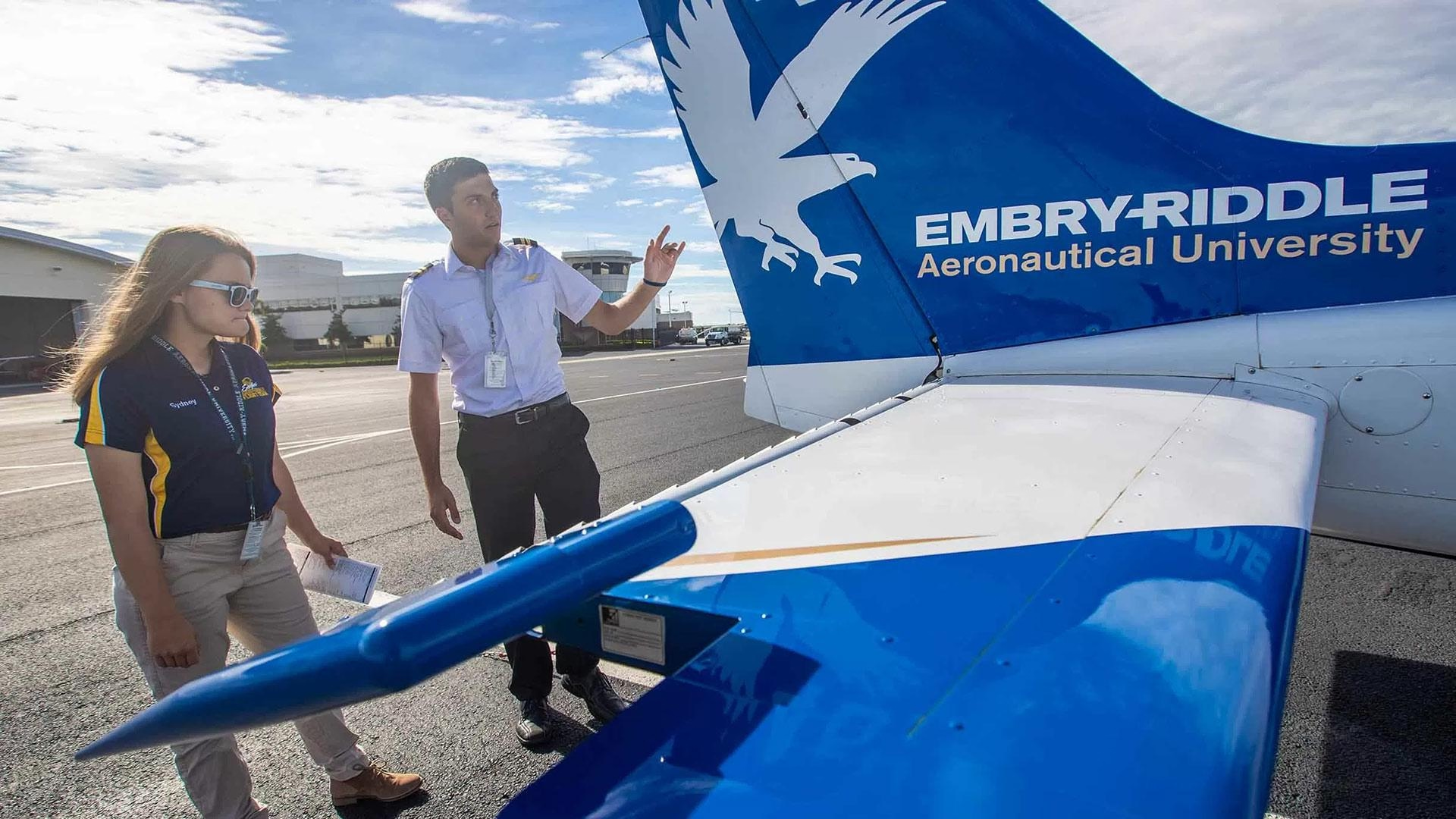
Embry-Riddle Programs and Their Role in Shaping Aviation Careers
A Pathway to Aviation Success
Aidan Rock-Arnarson, a 22-year-old student at Embry-Riddle Aeronautical University, is on track to graduate in September 2025 with a Bachelor of Science in Aviation Business Administration. Choosing the flexibility offered by Embry-Riddle’s Worldwide Campus, Aidan pursued his degree online, enabling him to balance demanding academic work with valuable industry experience. Currently employed in supply chain cost analytics at Honda Aircraft Company’s global headquarters in Greensboro, North Carolina, he plans to transition into a full-time role there upon graduation.
Aidan’s dedication to aviation is deeply influenced by his family’s legacy in the industry. As the third generation to pursue an aviation career, his grandfather served as a flight engineer before founding a chain of maintenance facilities, while his maternal grandparents operated a fixed-base operator (FBO) business. His father, also an Embry-Riddle alumnus, works in aircraft leasing. Reflecting on this heritage, Aidan notes, “Although I didn’t deliberately follow in his footsteps, the experience he obtained by attending Embry-Riddle inspired me. Given my family’s background in aviation, I always knew that it was the only industry I wanted to spend my professional life working in.”
The Value of Flexible, Practical Education
Aidan’s early exposure to the aviation sector began in high school, where he worked as a business development assistant at his family’s FBO. When selecting a university, Embry-Riddle’s global reputation and the option to study either online or on campus made it the obvious choice. He believed the university offered the best opportunities to launch a professional aviation career while aligning with his personal interests and goals.
Opting for the online program allowed Aidan to gain practical experience concurrently with his studies. During his first year, he secured a position at a maintenance and repair organization (MRO), where he worked alongside former Embry-Riddle graduates. This environment provided mentorship and industry insights that complemented his academic learning, offering a depth of experience that a traditional campus setting might not have matched.
Embry-Riddle’s Industry Integration and Impact
Embry-Riddle’s curriculum is designed to inspire and prepare future aviation professionals by combining rigorous academic training with real-world application. The university’s extensive industry connections and emphasis on practical experience distinguish its programs, prompting competitors to enhance their own offerings in response. Market analysts consistently recognize Embry-Riddle for producing graduates who are well-equipped to enter and excel in the aerospace sector.
For Aidan, the university’s approach has been transformative. He credits the professional relationships fostered through Embry-Riddle with helping him secure his current role at Honda Aircraft Company. “It’s not just about the academic learning; it’s the hands-on experiences and the mentorship from industry professionals that have truly set me apart in the job market,” he explains. This blend of theoretical knowledge and practical skills has prepared him to meet the challenges of the aerospace industry and positioned him to innovate and lead.
Aidan’s experience exemplifies how Embry-Riddle’s integration of flexible learning, industry engagement, and a strong professional network continues to shape the next generation of aviation leaders.
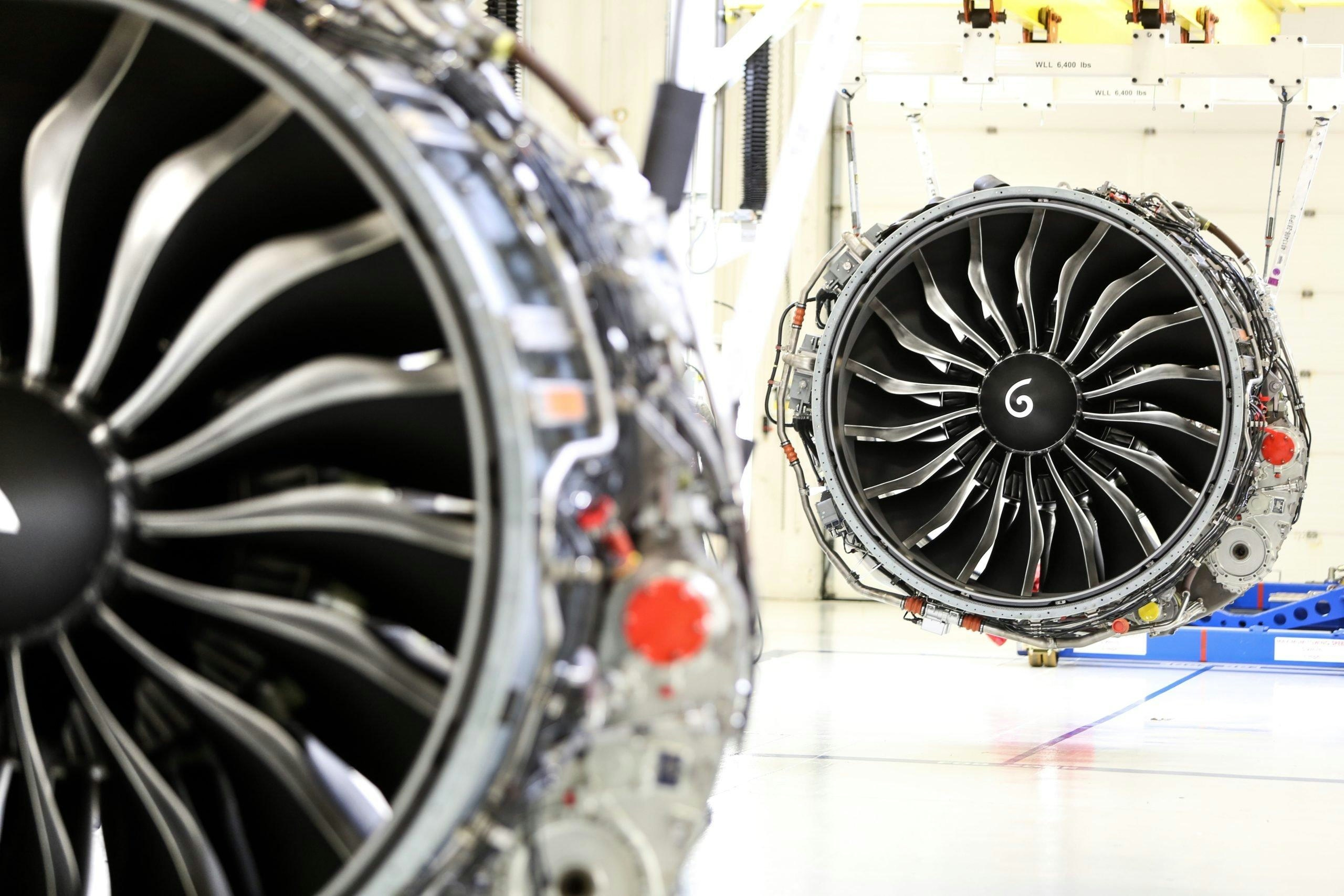
RESIDCO Raises $100 Million to Expand Engine Acquisitions
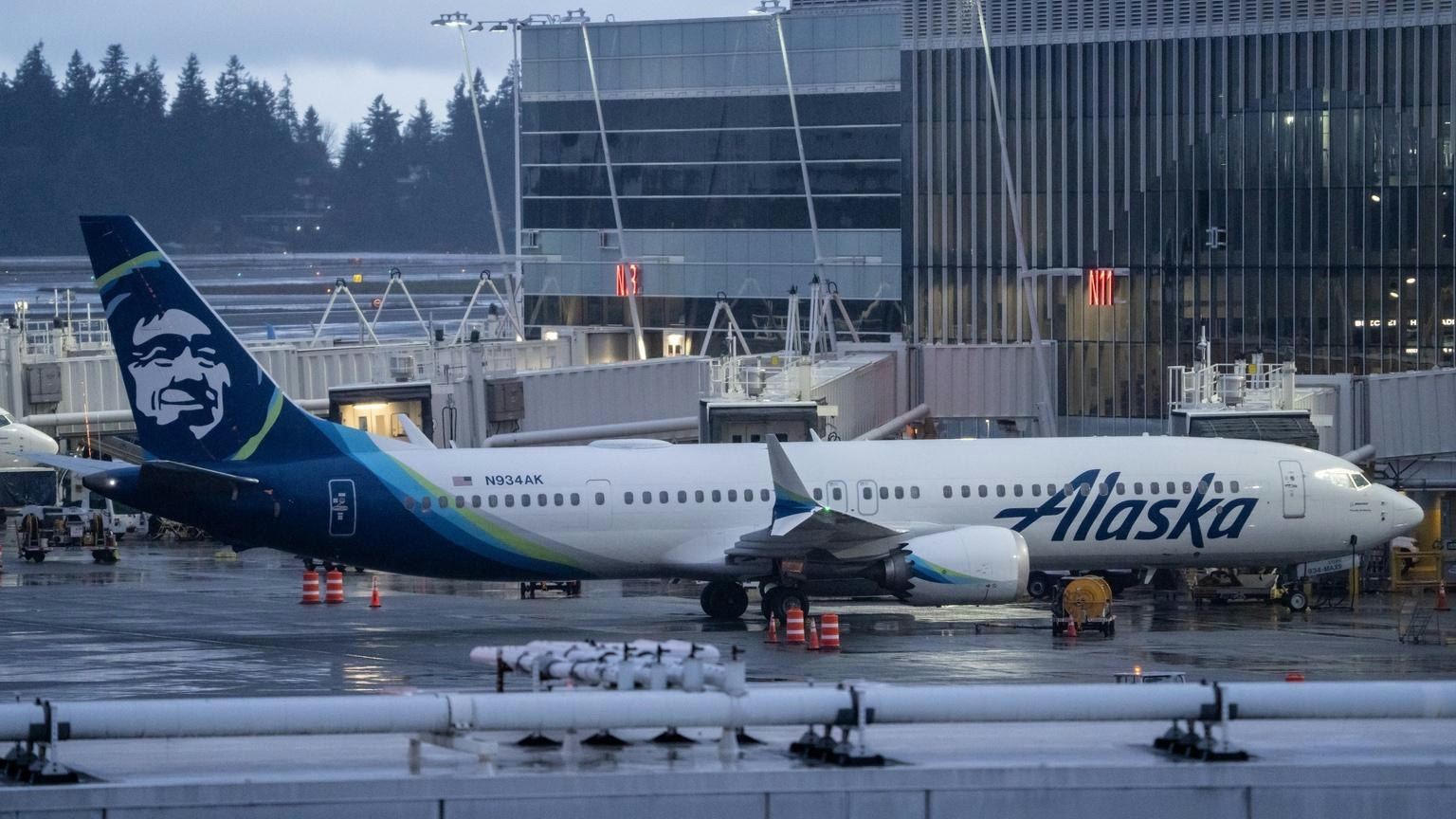
Alaska Airlines’ Plan to Transform Ramp Operations with Advanced AI and Automation
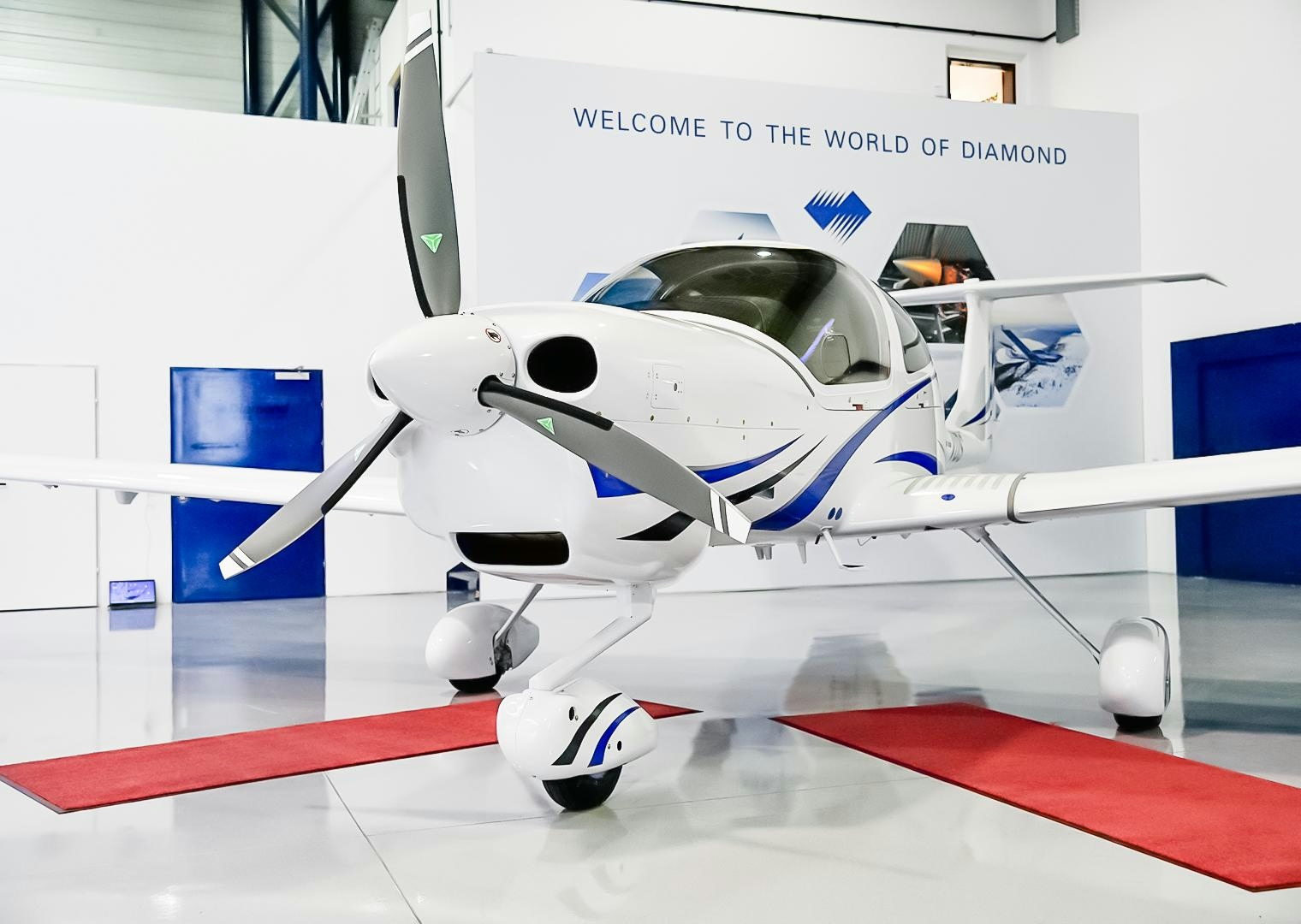
New Aircraft Delivered
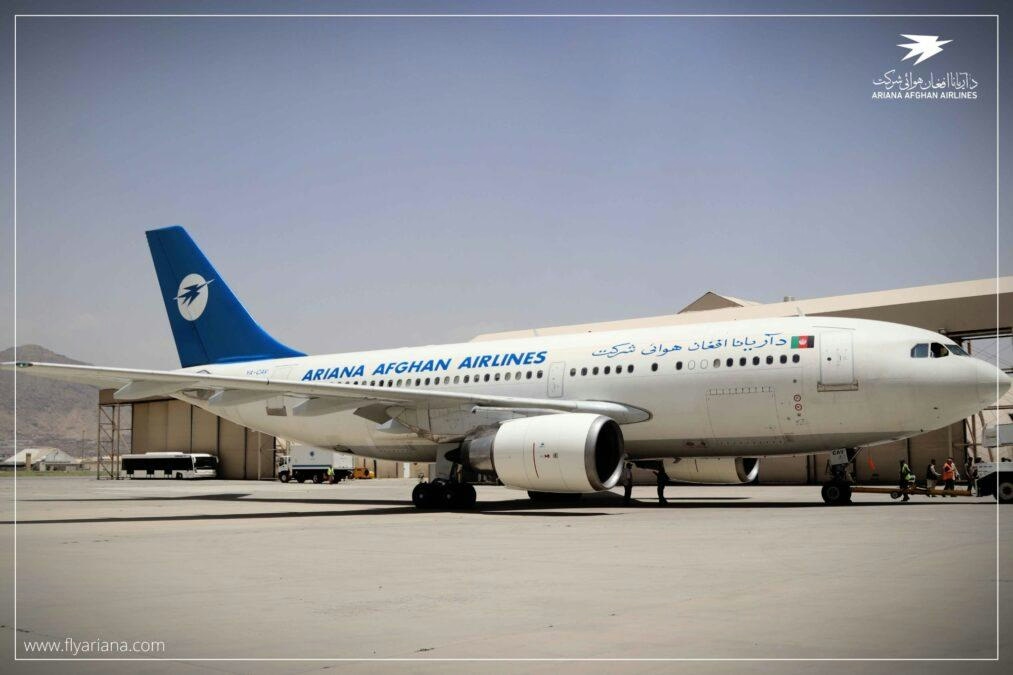
Ariana Afghan Airlines buys two aircraft engines for $4.7 million
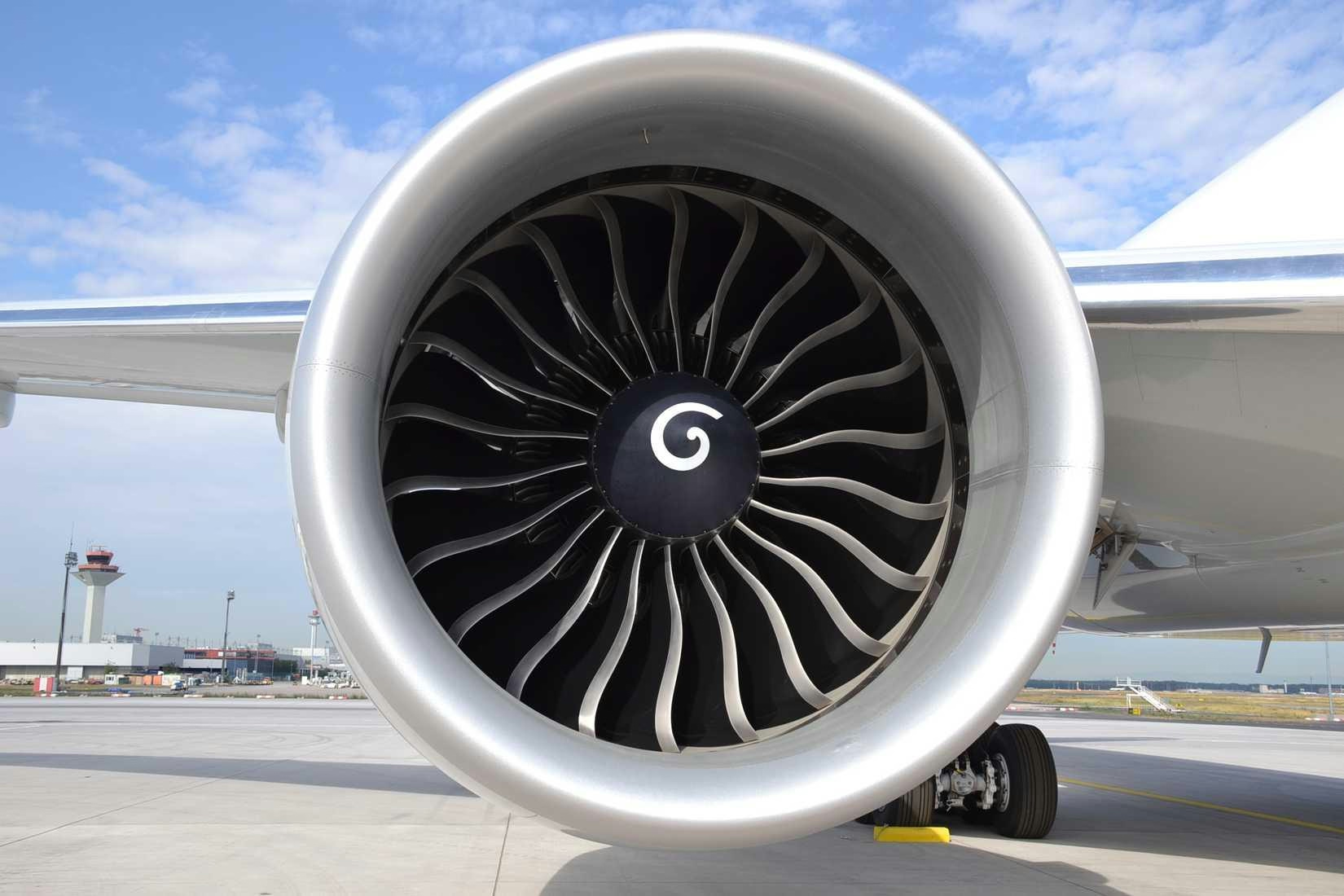
Footage of Boeing 777X Takeoff Highlights Size of Its Powerful Engines

SITA Highlights AI, Biometrics, and Seamless Travel in Asia’s Aviation Future
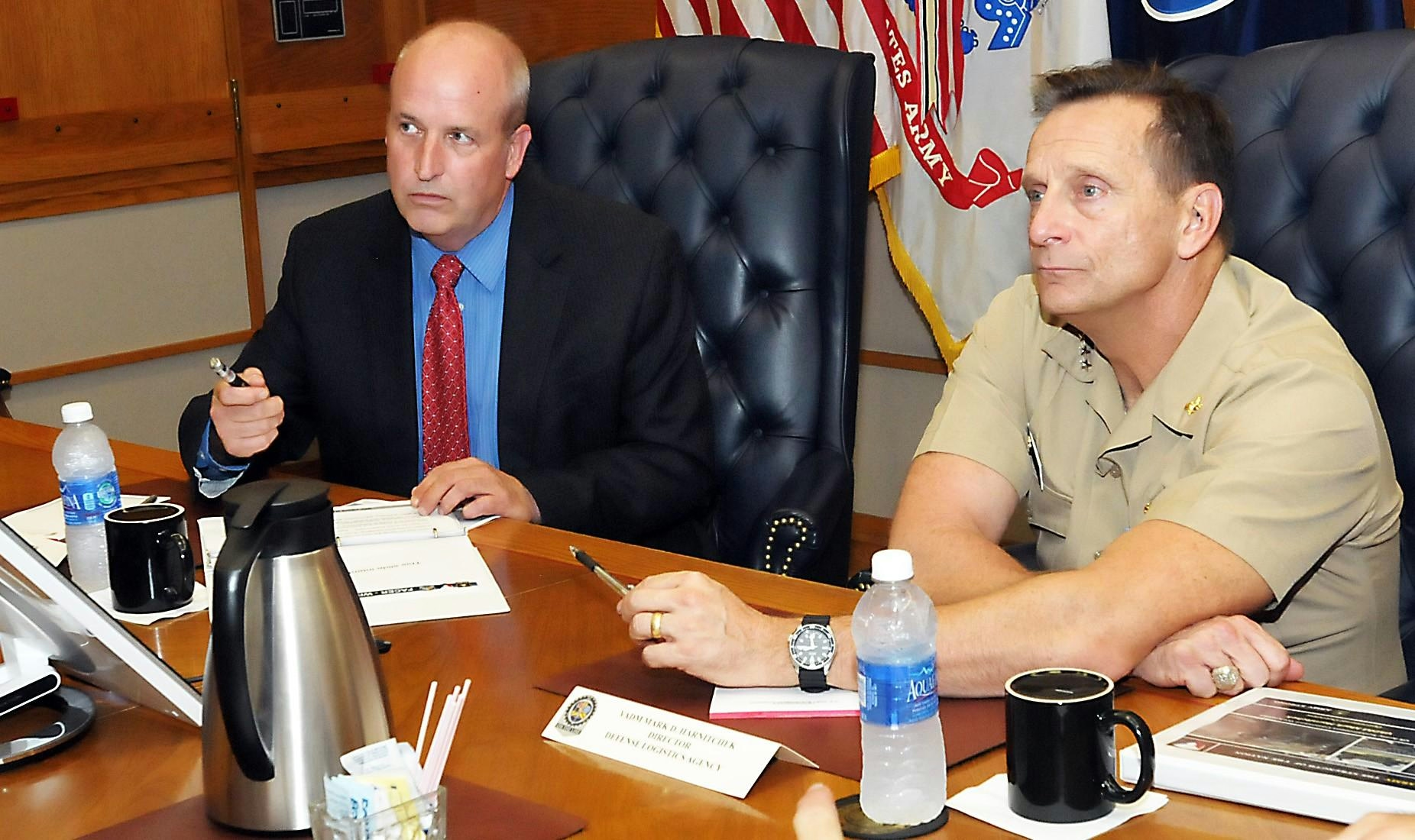
DLA Land and Maritime and DLA Aviation Meet to Discuss Strategic Collaboration
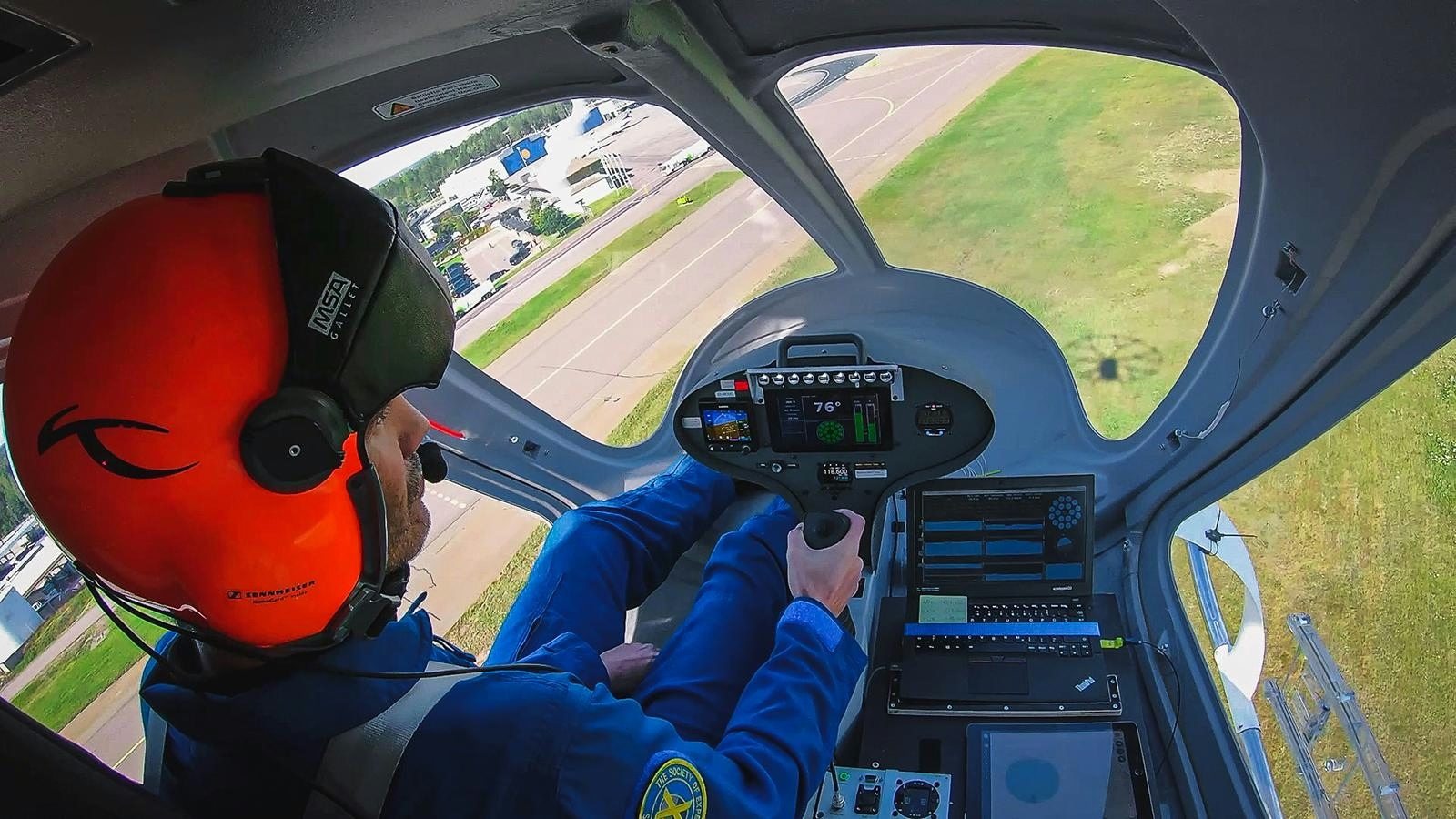
Joby Begins Air Taxi Pilot Training Program in California
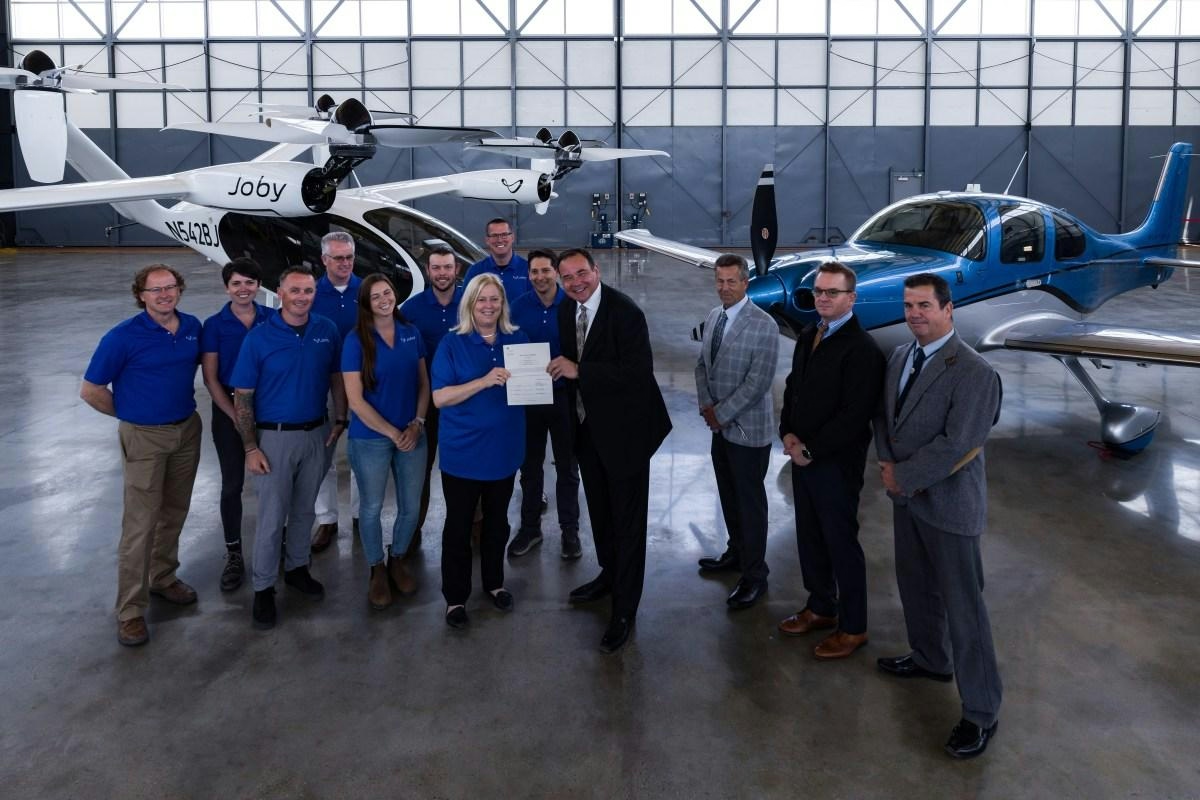
Joby Receives First CAE Flight Simulator to Enhance Air Taxi Pilot Training in Marina
